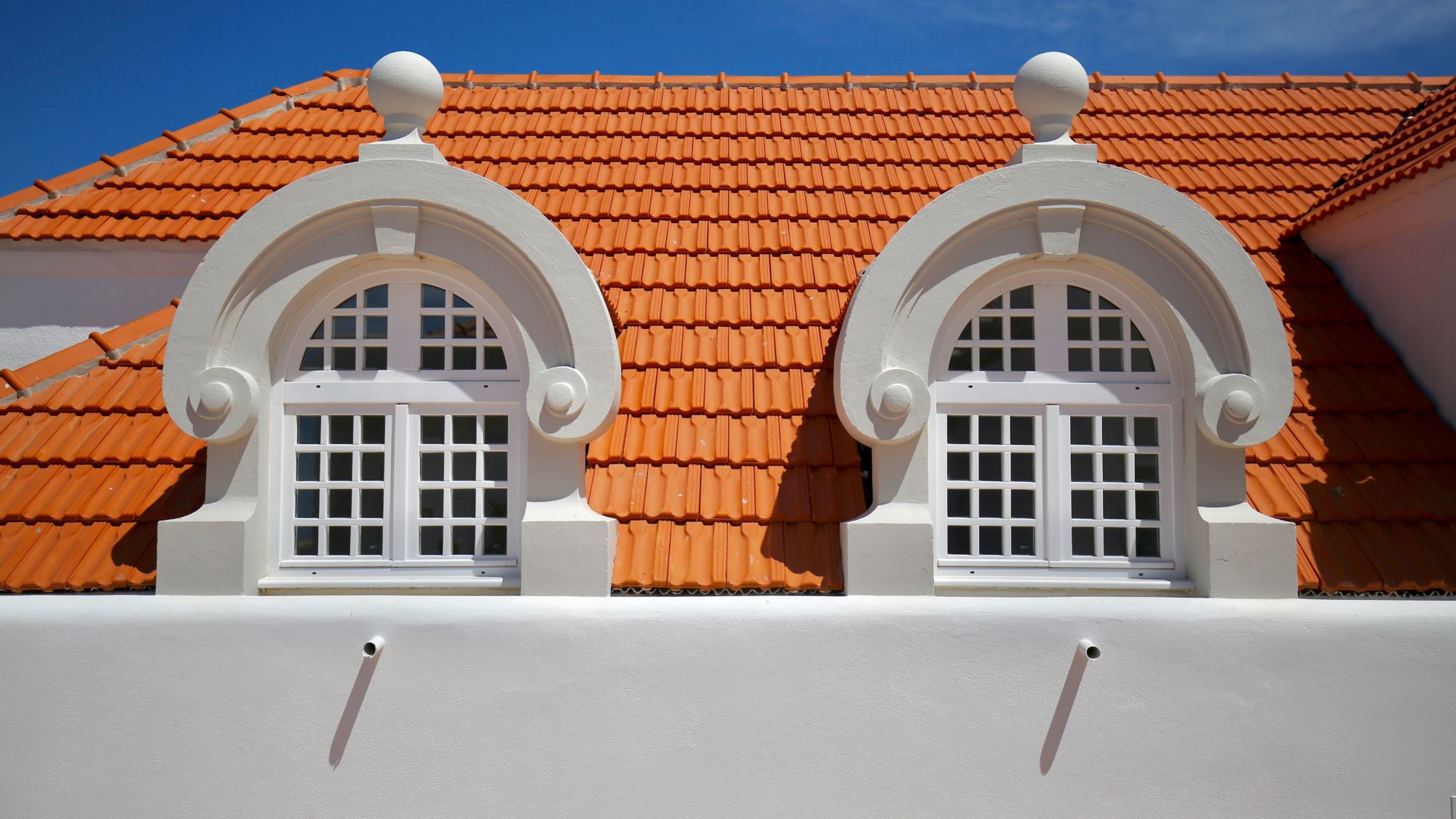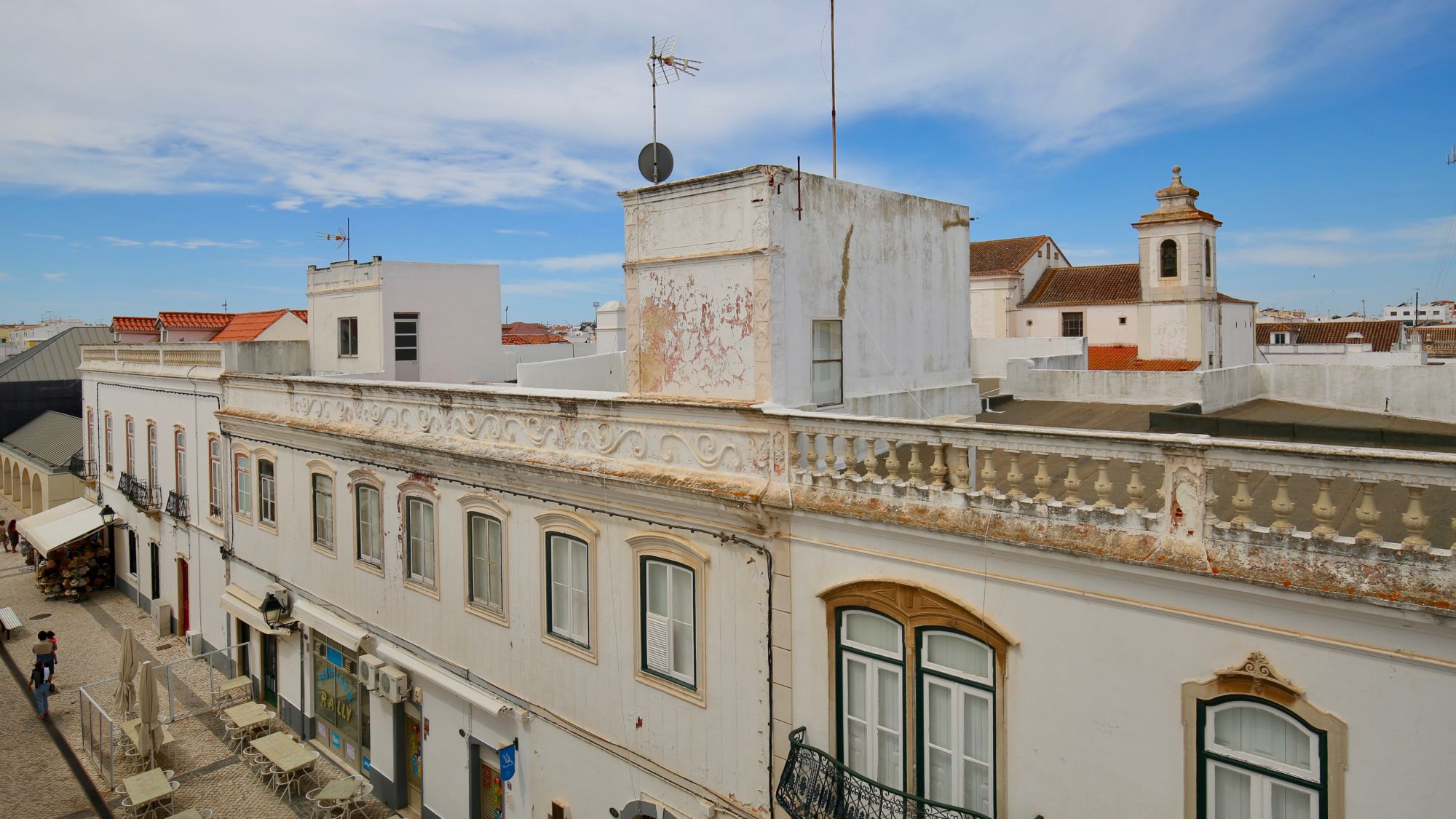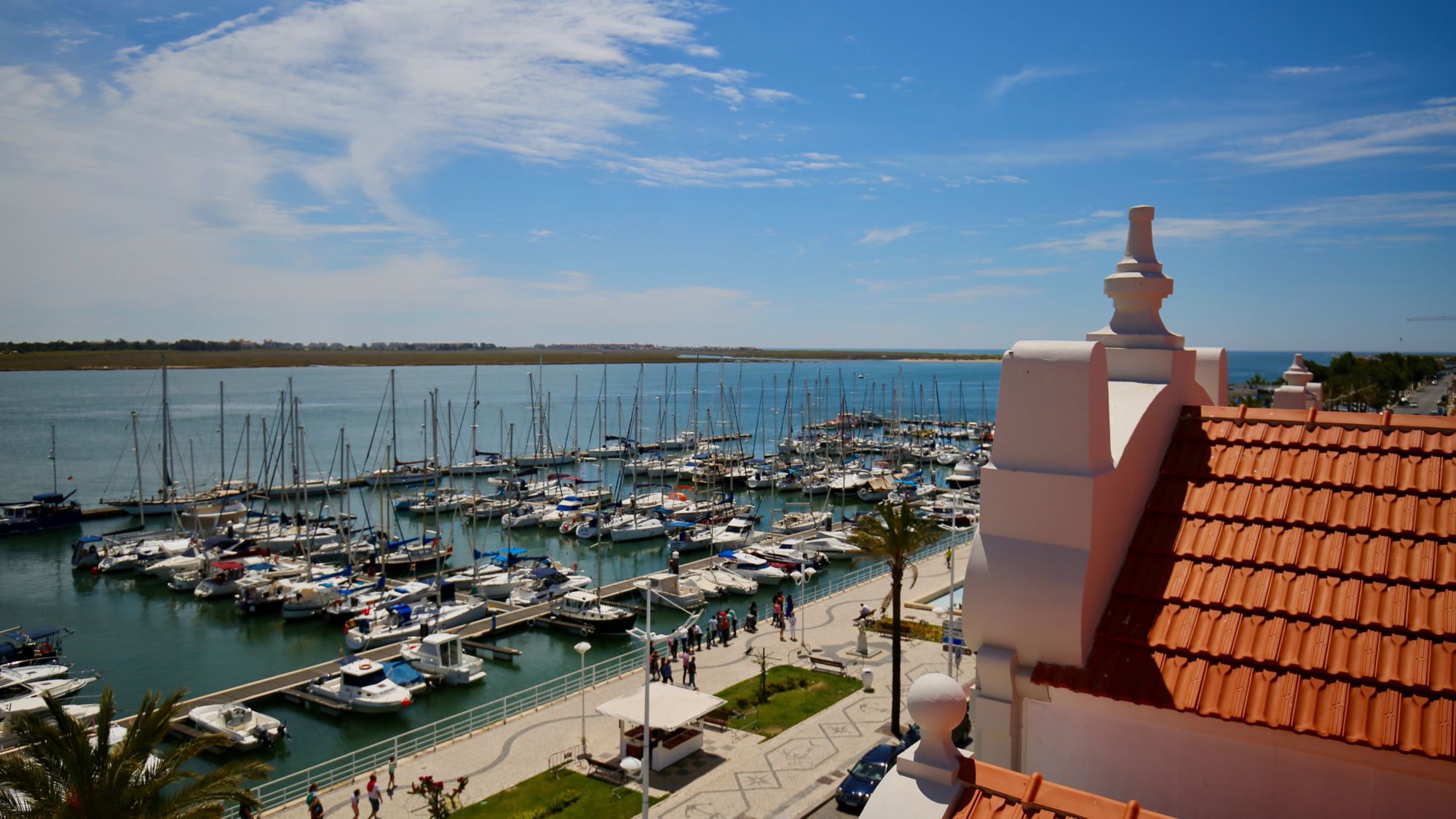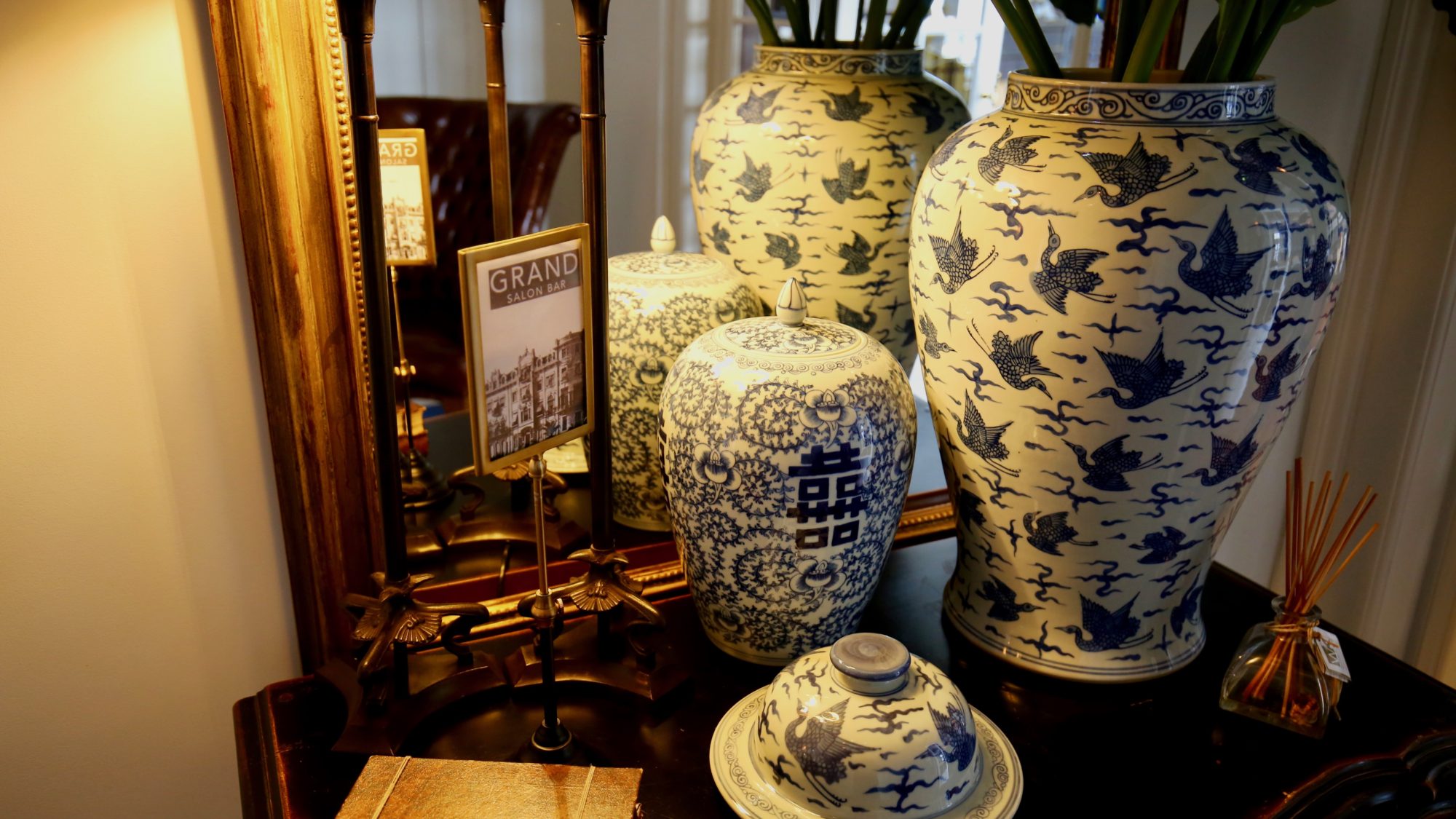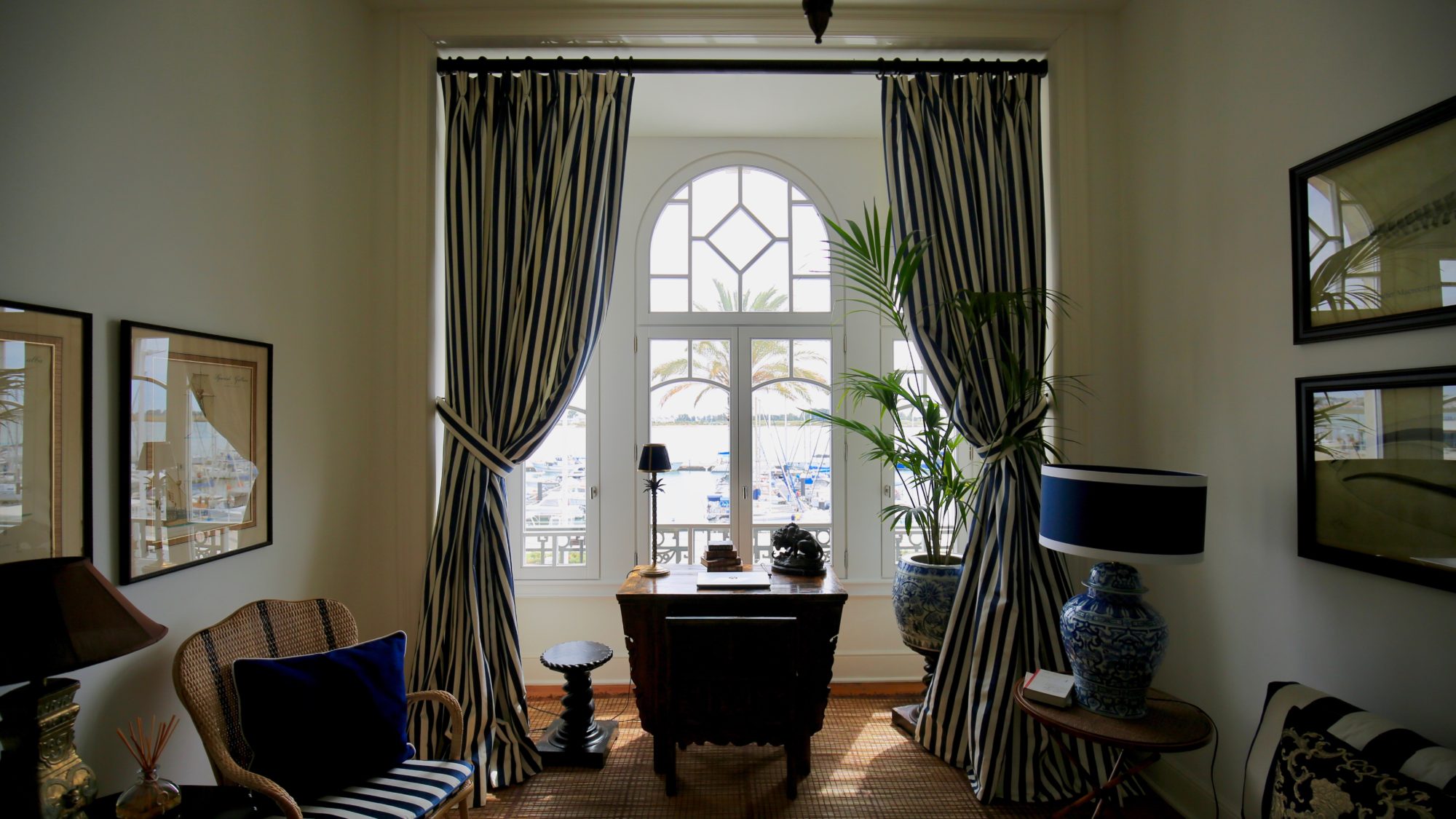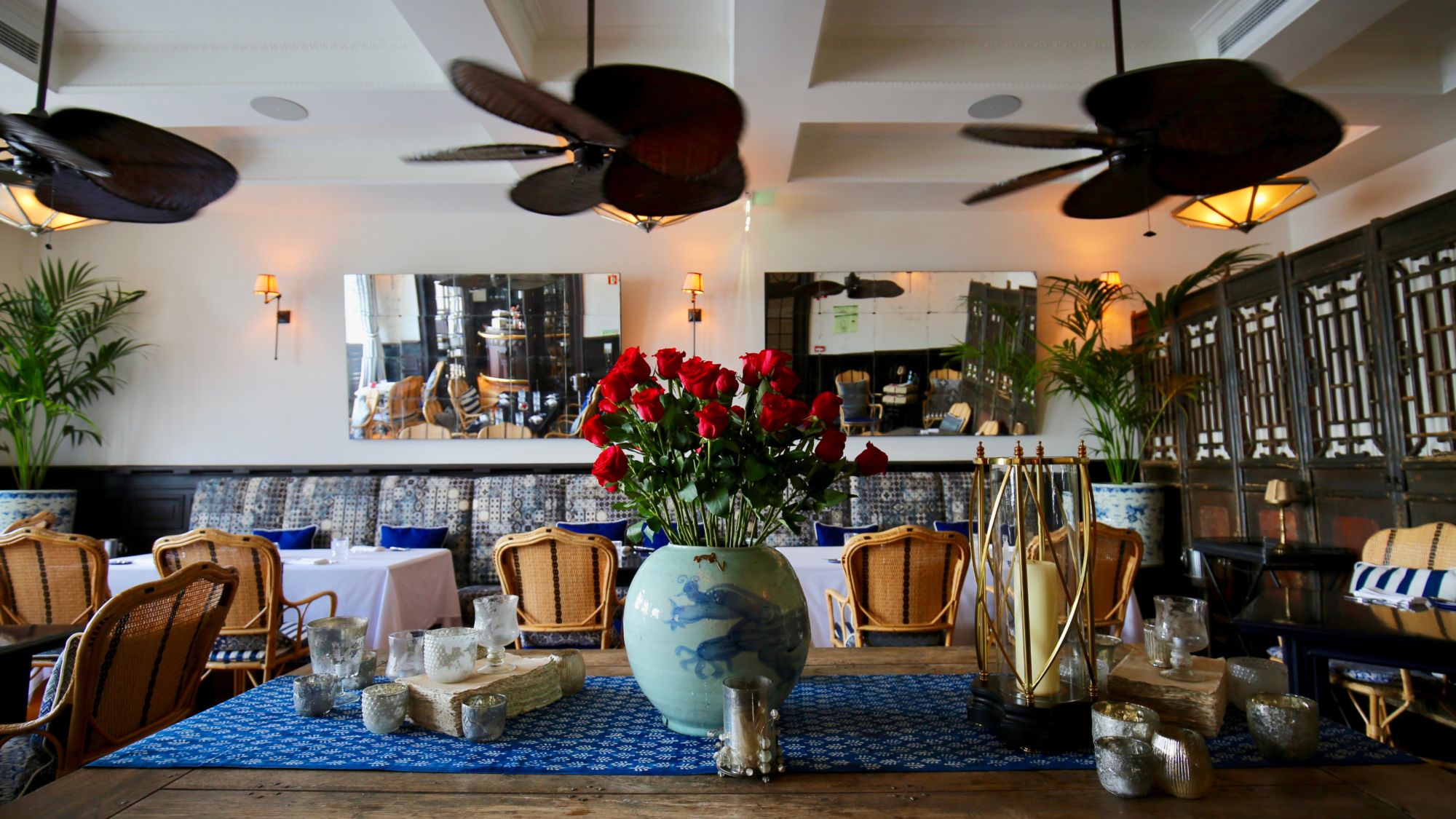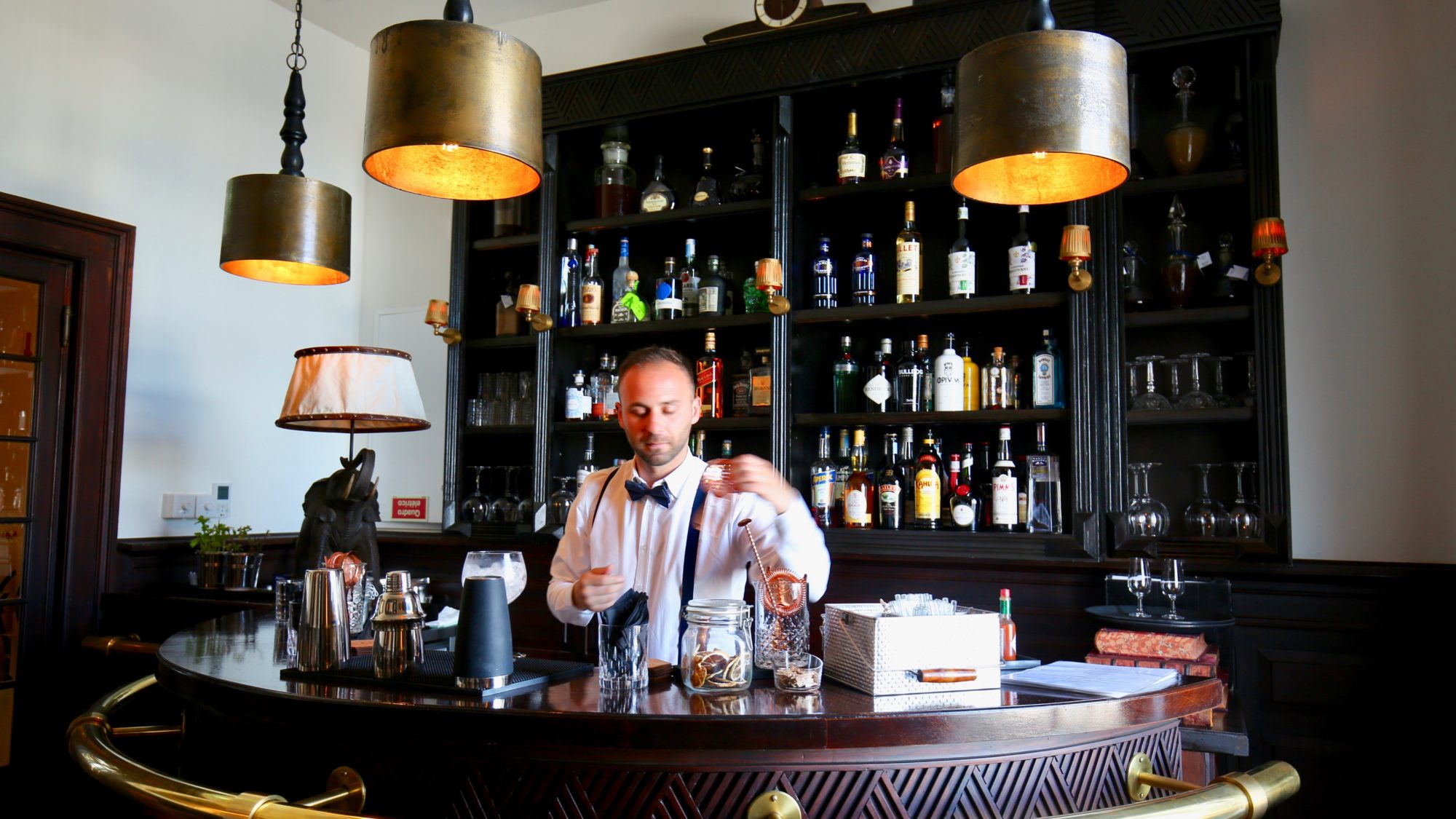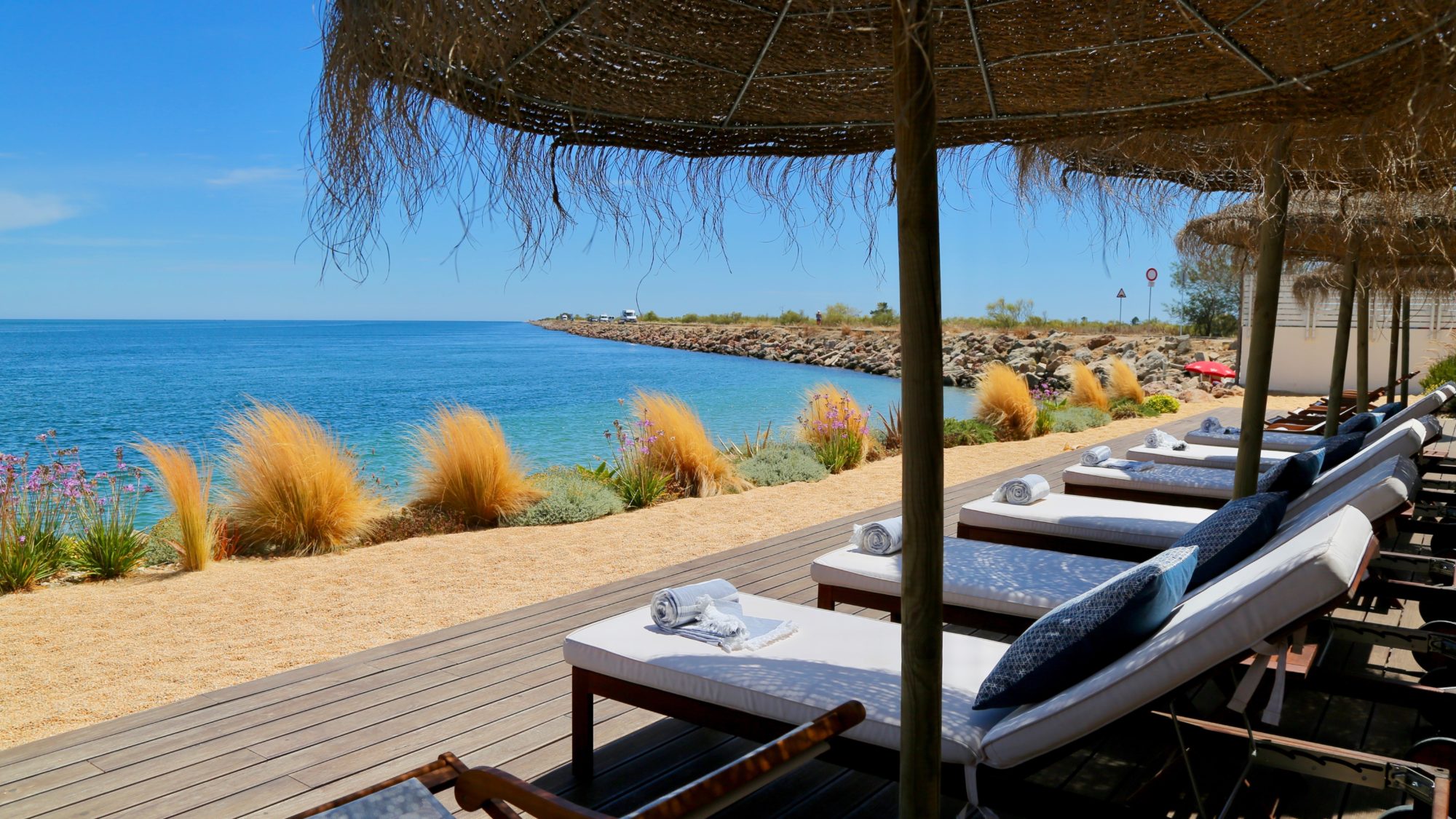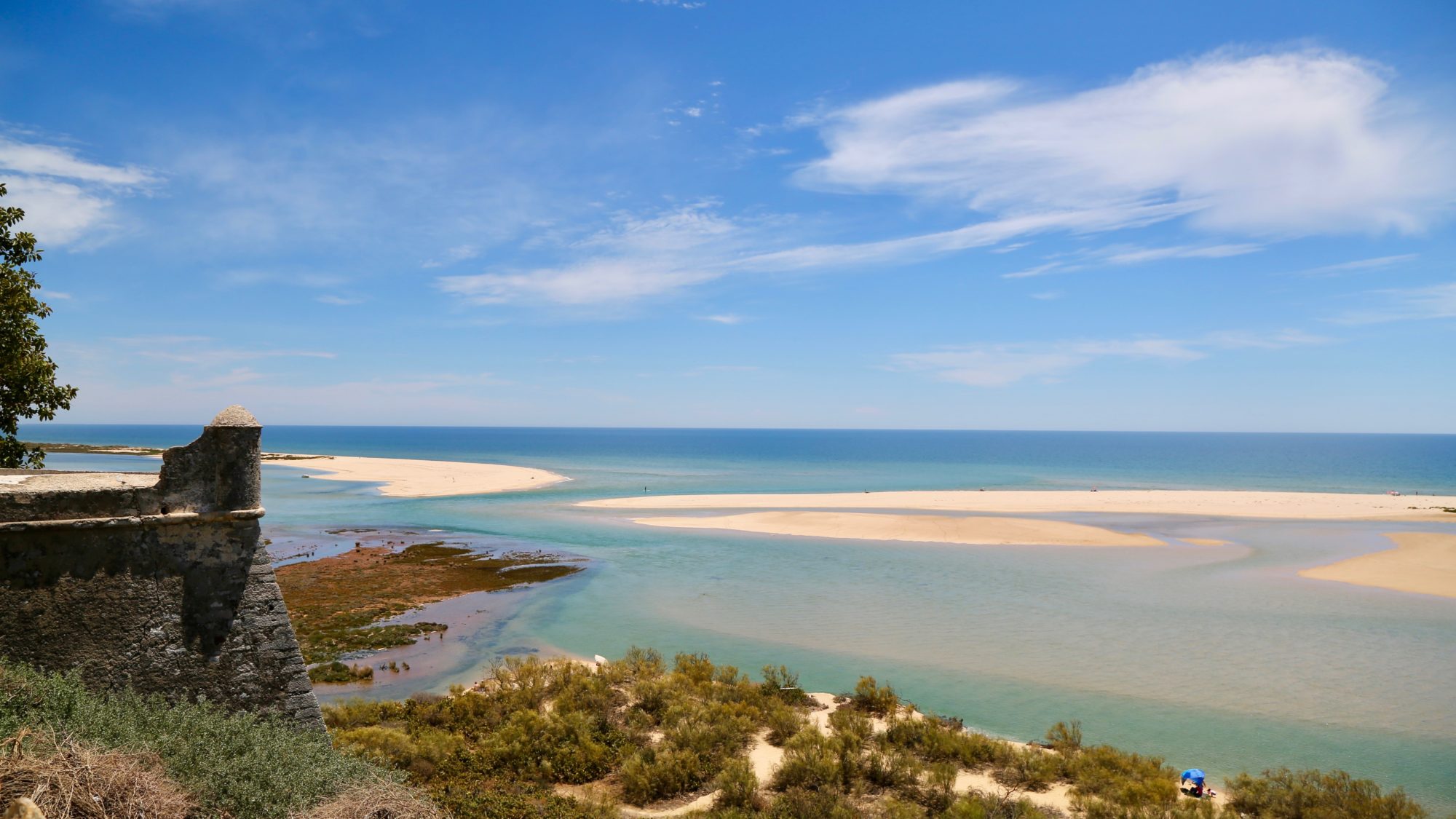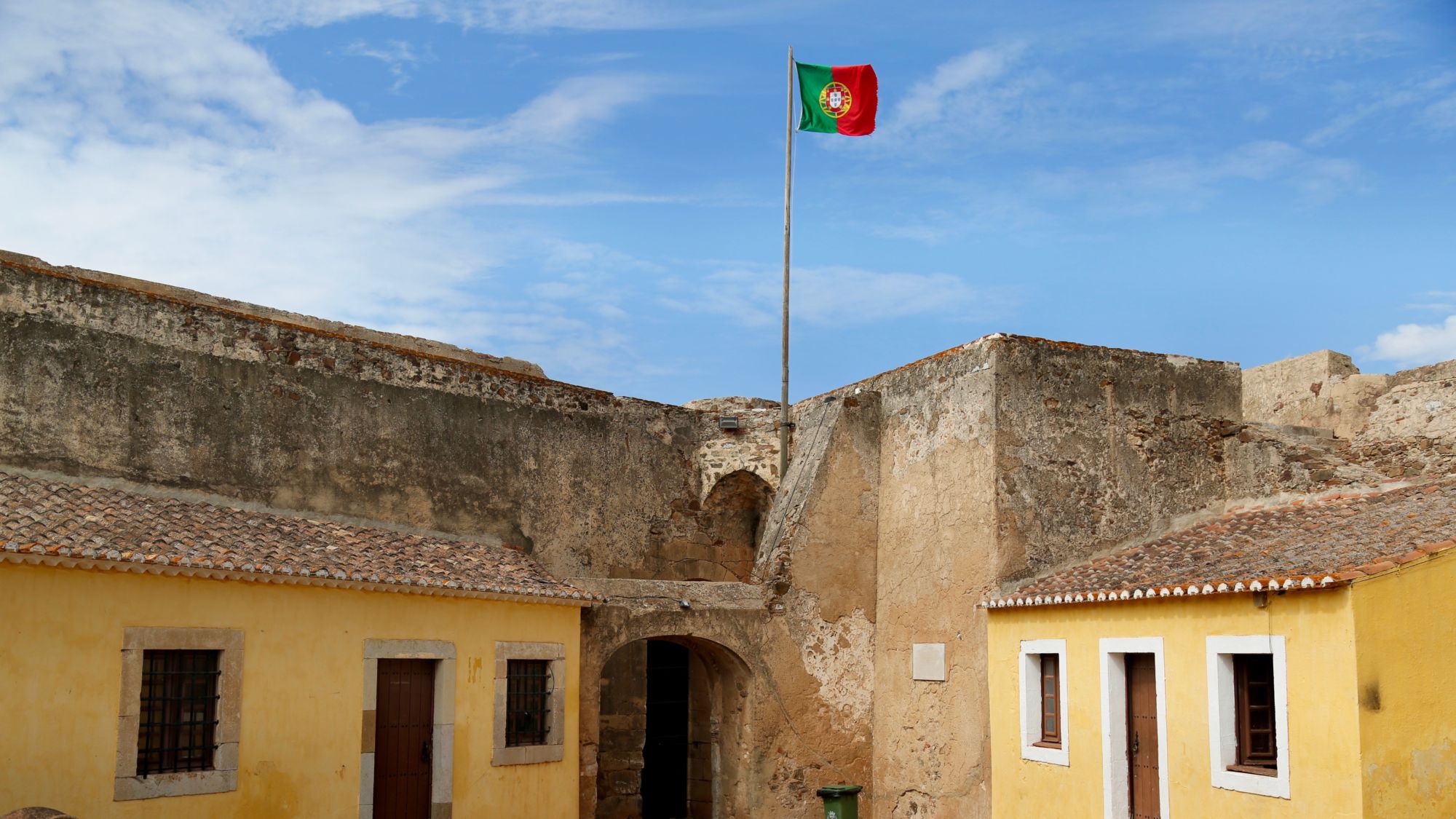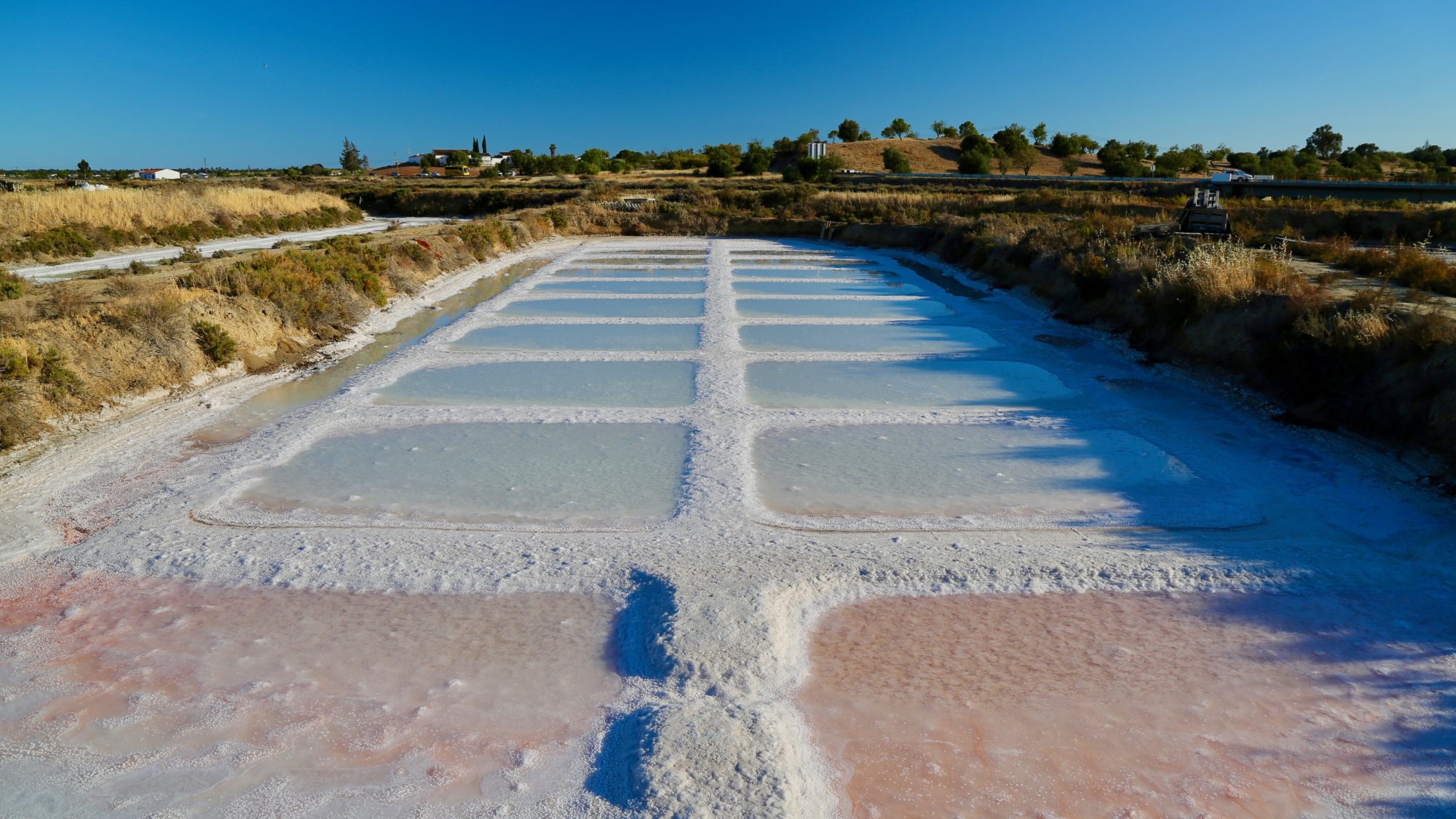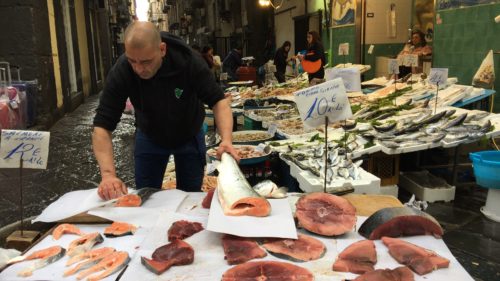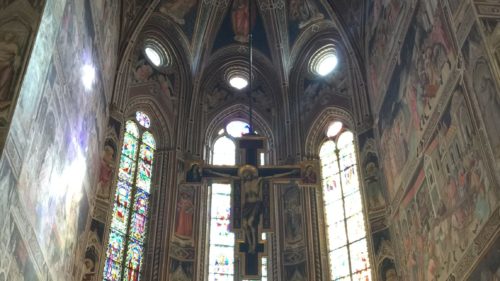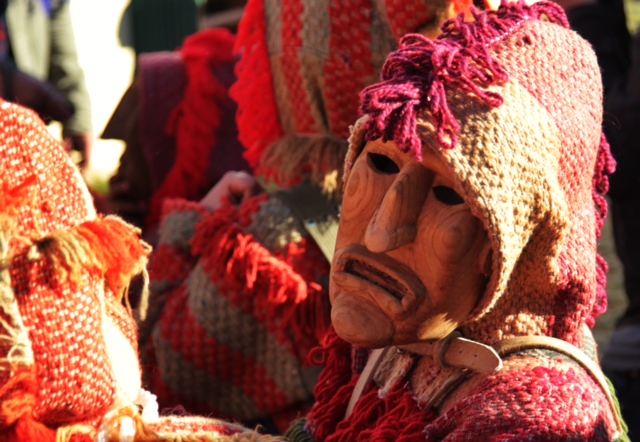The Real Portuguese Deal
I’ve long had a fascination for border towns. Places of transit. People and wares on the move. Constantly changing faces that melt together in memory, dingy train stations that scream “end-of-the-line”. Dimly lit border patrol checkpoints staffed by hard luck, disgruntled customs agents still trying to figure out how they screwed up on the job to end up there, venting frustrations on young travellers with stony glares, slamming their rubber stamps down on your passport for effect. Forgettable cafés where barely memorable waiters see you for who you are (a weary traveler, waiting “to cross”) and sneak a few extra charges onto your bill. Places that straddle different countries, languages, and laws of the land. The Europe of my earlier, backpacking days where my lira were changed for drachmas, or my francs for schillings, or my pesetas for escudos. Brindisi. Piraeus. Port Bou. Algeciras. Vila Real de Santo Antonio. The single currency is now the norm and borders have now all but disappeared so there’s a strong sense of nostalgia returning to these towns, like my own H.G. Wells Time Machine, standing in place and watching a century pass in a moment.
My recent visit to Vila Real de Santo Antonio was a particularly poignant one: where there once was only a ferry to get you across the Guadiana river (from Spanish Ayamonte), a smart bridge has spanned the divide and the smog-sputtering ferry boats have all but disappeared, replaced by dinghies from the sailing club in Ayamonte plying the waters, and sleek vessels moored along a newish marina. In town, Vila Real seemed cleaner, more whitewashed, more orderly than my memory of it in days back when it seemed like everyone was either sailor or an ex-convict. Or likely both.What a transformation in 20 some odd years!
We pulled in for the night to stay at the fabulous new Grand House, opened just this past spring, a project of a few architect friends who loved Vila Real and saw its potential, and with considerable investment undertook a four year restoration project to bring back to life what was once a Grande Dame, a hotel for merchants off steamers, back in a time when you made your hotel reservations by telegram and unpacked your travel cases in your room to settle in for a month.
The old Guadiana Hotel was, in the first half of the 20th century, the only luxury hotel in the sleepy Algarve and the only 5-star in Portugal south of Lisbon. The Grand House aims to preserve that nostalgic air, while bringing things up to date, cutting the original 60 rooms in half down to 30, and along with a fabulous refurb, preserving some of the old hotel’s antiques including its Belle-epoque cocktail bar and dining lounge. Sometimes, all it takes is a great destination hotel to invigorate a seemingly nondescript town and the Grand House will surely open up interest to outsiders to make Vila Real more than a last stop for bacalhau a la bras before heading over to Spain.
Outside, small streets laid with typical alabaster coloured calçada (with its reflective white mosaic hand-cut tiles) lit the town up like a slightly breezy, bohemian Mediterranean resort. A short drive or 20 minute walk from the hotel to the shore will get you to the Grand House’s sleek new Beach Club, with a smart restaurant, infinity pool, loungers and the clear Atlantic waters at your feet.
I was delighted to find a number of interesting activities all within a stone’s throw of Vila Real: ancient Roman salt pans producing healthy sea salt using nothing but two ingredients: sea water and the sun’s evaporating shine. We bathed in salt pools and did natural salt mud packs leaving our skin baby-smooth, and picked up some cooking salt for our pantry back home. The pans are in the shadow of Castro Marim, a sleepy fortress town and one time seat of the Knight’s Templar of Portugal, who’s fascinating castle you can visit. We took a short drive over to the tiny village of Cacela, with its Moorish past and fine views. This is the start of the Ria Formosa park, made of barrier islands and lagoons, forming picture perfect sand spits and beaches with barely a sun seeker around. Oysters languished in a local farm on the lagoon nearby. a short drive away.
Best of all, we were in the peak of the summer beach season and had these places mostly to ourselves, with the hordes of Algarve beach seekers safely at bay, a good hour west of us in the overdeveloped resorts of the central belt.
Sebastian has retired his backpack for a set of designer Samsonite, but still has a ton of escudos, pesetas, and lira in his desk drawer and (we suspect) several counterfeit passports…
